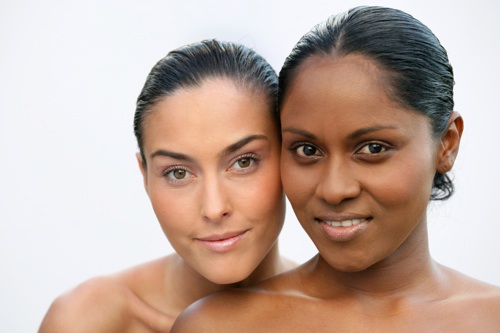Special nuances of queer mental health issues
Why is it important to talk about queer (LBTQ) health as a separate entity from the health issues and concerns of our straight counterparts?
The lack of visibility within the mental health system is a great place to start. This usually comes from insufficient information and education about queer health issues. The controversial conversion/reparative therapy, though banned in some states, gives the idea that being queer is a choice and that queer people can be “saved” from perceived indecent behaviors.
Being queer does add a layer of discrimination that can occur within your everyday life. The thoughts and feelings that you internalize may also add a feeling of frustration and complicate how you feel about yourself, making it difficult to know and understand your true worth. Without positive reflections in the world about queer experiences, it is hard not to see “homosexuality as being wrong” or feel as if “God doesn’t love you.” Internalized Homophobia—negative feelings toward oneself because of one’s queer identity—might also tell you that you are not worth “being well.” Using therapy and other emotional supports can help you safely process these experiences to explore their origin.
Sexual Health: Find a Doctor Who Understands the Queer Community
How was your experience going to the doctor or gynecologist, after having a sexual experience (or experiences) with someone of the same sex, or as a person who identifies as different gender? The moment after the doctor or clinician assumed your own gender or that of your sex partner, was there a long, awkward silence?
 This also leads to concerns about the safety of coming out within a medical setting. Is this a safe place to come out? Will this change the way the doctor sees you? Will this affect the quality of your treatment?
This also leads to concerns about the safety of coming out within a medical setting. Is this a safe place to come out? Will this change the way the doctor sees you? Will this affect the quality of your treatment?
A doctor or gynecologist who is knowledgeable about the queer community will empower you to discuss the aspects of your health that are important to you. Having a hard time finding a doctor, gynecologist, or therapist who is perfect for you? Ask friends or others within organizations in the community that work with the queer population. (As a bonus, you’ll get the undercover details on how a doctor really treats patients.)
Also, know how much you are willing to education your clinician. There are plenty of straight clinicians who are open-minded and willing to work with queer clients, and that is OK! Yet, as a person receiving treatment, an important part of self-care is deciding how much you want to reveal about your sexual orientation, sexual practices, gender, and gender expression. This can be a painful process for some people. Knowing yourself, how much you can handle within a therapeutic relationship, and how much support you need make it a more gentle process for everyone.
Trans Well-Being: Ensure That the Clinician Speaks “Trans”
Being transgender or gender non-conforming also adds a layer of complexity to the treatment. It’s important for a clinician to understand the differences among sex, sexual orientation, gender, and gender expression. Furthermore, understanding the nuances related to class, race, physical ability, hearing, speech, and cognitive ability are also important, when applicable. Not being able to accurately describe who you are and how you want to identify hurts both parties: the health professional and the patient.
Clinicians and doctors who are not exposed to transgender health education and information may miss important points. And, if you are transgender and lack the language to describe your experience and existence, then it further complicates the treatment process. Being transgender is more than just transitioning your gender. It also involves your presence within the world and how you see yourself.
One growing concern within the trans community pertains to the increased amount of violence and lack of safety within society. According to a 2011 study from the National Coalition of Anti-Violence Programs, 87 percent of murder victims were people of color, and 45 percent were transgender women. Speaking about safety and how to exist within society is important, just as it’s important for cisgender people—those whose gender identity agrees with their sex, as recognized by society—and allies to promote safety within the community. Safety is everyone’s responsibility.


